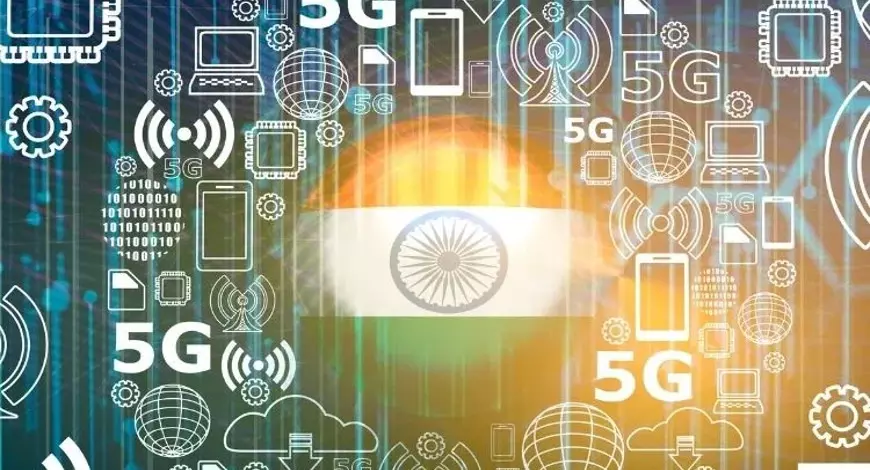Prioritise 6 GHz spectrum for 5G: COAI to govt
The Cellular Operators Association of India said India can save as much as $10 billion annually in 5G network deployment through the use of the 6 GHz spectrum. The apex telecom industry body has also requested the government to look at the industry's long-standing issues about spectrum pricing and related revenue concerns
image for illustrative purpose

New Delhi: Telecom industry body COAI on Wednesday said it expects the government to allocate the 6 GHz band spectrum for 5G network expansion and roll out a fair share data network usage policy to make big apps pay for the excessive traffic generated by them. COAI, whose members include Reliance Jio, Bharti Airtel, Vodafone Idea and others, released its priority wishlist for the newly formed government at the Centre on Wednesday. The body wants the government to increase the number of test labs for accelerating the process of clearing network gear to enable expeditious rollout of telecom networks.
Quoting a report from the global telecom industry body GSMA, the Cellular Operators Association of India said India can save as much as $10 billion annually in 5G network deployment through the use of the 6 GHz spectrum. "India has made a giant leap in 6G innovations through initiatives, such as Bharat 6G Alliance and Bharat 6G Vision which envisage India to be a leader in 6G innovations and deployment. "To achieve this mission, the industry needs massive spectrum resources which can deliver the higher capacity required by 6G. Thus, we urge the government to strategically plan the 6 GHz resources for 6G as well," COAI Director General SP Kochhar said in a statement.
The apex telecom industry body has also requested the government to look at the industry's long-standing issues about spectrum pricing and related revenue concerns. He said that despite making huge investments for 4G and 5G rollout, telecom service providers (TSPs) in India are still among those with the lowest ARPU (average revenue per user) in the world. "India's spectrum costs as a proportion of annual recurring telecom revenues are much higher than key global markets, such as China, Germany, UK, Brazil or even neighbouring Pakistan, according to research firm CLSA. In this context, we urge TRAI to revisit the spectrum pricing recommendation, in line with global norms," Kochhar said.
COAI has also requested telecom regulator Trai to do away with the minimum rollout obligations and give TSPs the freedom to decide the rollout strategy upon acquiring the spectrum. The industry body reiterated its demand to implement a fair share data network usage policy, wherein the Large Traffic Generators (LTGs) like Google, Facebook, Netflix etc, pay a share of their revenue with TSPs who provide the complete infrastructure for their data requirements.
Kochhar, said: "We feel this is a clear case of exploitation as the massive investment and efforts of the TSPs are being siphoned off by these service providers. "We are not targeting the smaller players, startups and MSMEs whose traffic generation is negligible compared to that from the LTGs whose services consume large Terabytes of data every day and the revenue they amass in the form of subscription fees and advertising costs are repatriated to their parent countries."
COAI has estimated that the rise in data load on telecom networks and revenue earned by LTGs are to the tune of Rs 10,000 crore to the government exchequer. It wants the government to address the issue of telecom network equipment theft expeditiously. "We acknowledge that the government has taken several key measures to address this. This includes categorising equipment theft as a cognisable and non-bailable offence of causing damage to telecom infrastructure under the Telecommunications Act, 2023. In addition to implementing these, we request the DoT to urgently intervene in the matter," Kochhar said. COAI has also urged the government to write to all State Chief Secretaries to prioritise such complaints and ensure strict action on the same, coordinate with states for police protection for telecom infrastructure, especially in theft-prone areas and issue orders for blocking of websites selling active equipment.

